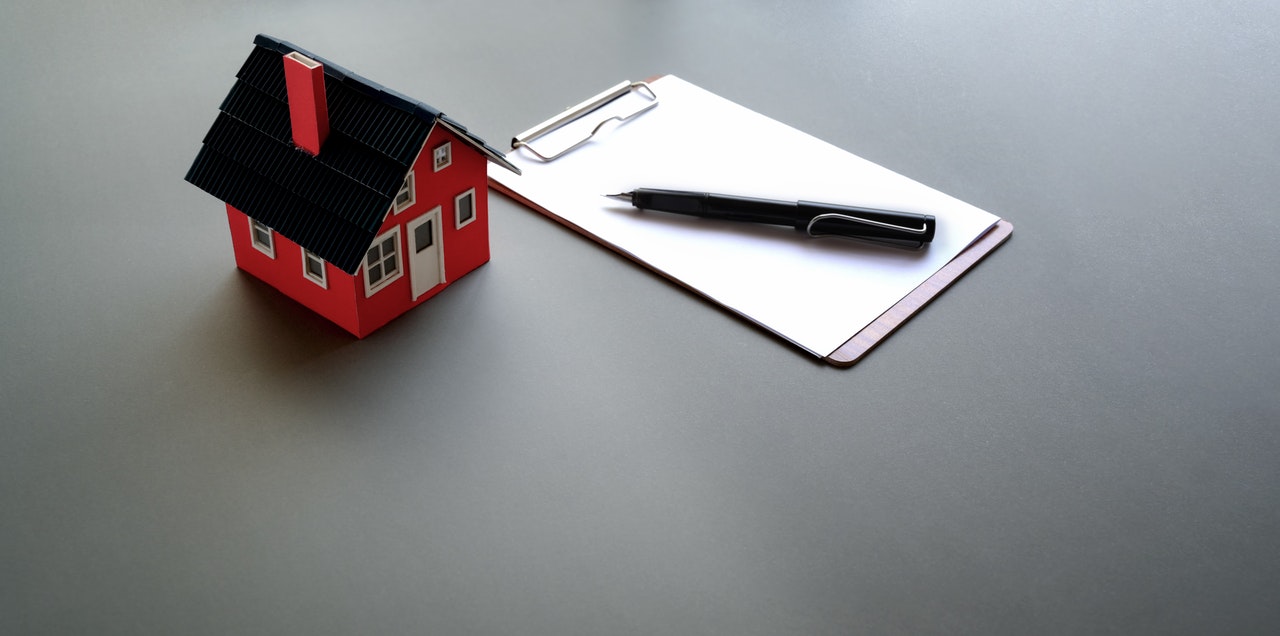Getting A Home Loan With Bad Credit
Everybody wants to be able to get a house one day, and in many cases, it can actually be cheaper than renting. So why should bad credit stop someone from getting the necessary home loan to be able to buy their house? The truth is that these days there are more than a few lenders who would be ready to give you, on certain conditions, the bad credit mortgage you want. Here are some details about it.
It is true that having bad credit will eliminate you from some of the best deals, but it does not eliminate you altogether. The first thing you need to do to ensure that you can get the best deal available to you is to look at your current credit report and check it over for incorrectly reported problems. These can easily happen and they are probably much more common than most people think. After you correct any inaccuracies, you can continue the process.
The next step would be to decide whether you believe you need to have a bad credit mortgage quickly, or if you want to take a little time to repair your credit rating. Of course, it is recommended that you repair your rating some and it will enable you to get a better deal.
Decide what kind of loan you want. You will need to know which one you want when you start making your application. There are basically two kinds, a fixed-rate mortgage, and an adjustable-rate mortgage. A fixed-rate mortgage remains the same in terms of interest and payments throughout the life of the loan. An adjustable-rate mortgage, on the other hand, changes every period (could be monthly or yearly) in terms of interest and payment amount.
Go to your bank’s mortgage officer, or look online and begin to see what you can borrow. Don’t get so excited, though, when a lender extends you an offer that you fail to compare with other offers. Truth is that there are many that will lend you money – but many will not be in terms you will want to accept. Look over all terms carefully, compare interest rates, and then all fees separately. Be careful about extra long terms – longer than 30 years. While it does lower your payments, it also definitely increases the amount you owe.
In order to get better deals, you should be able to put down at least 20% of the cost of the house. Also, you will want to use it in such a way that it should be the last time you will ever need to get a bad credit mortgage. Your credit can be repaired, but do not get a home loan bigger than what you may be able to safely handle. A financial counselor can advise you on what is the best way to arrange your finances and can recommend to you what is a safe amount of mortgage for you to handle. Remember, your home is now the collateral for the mortgage, so you will want to take care to keep your new credit levels intact.




